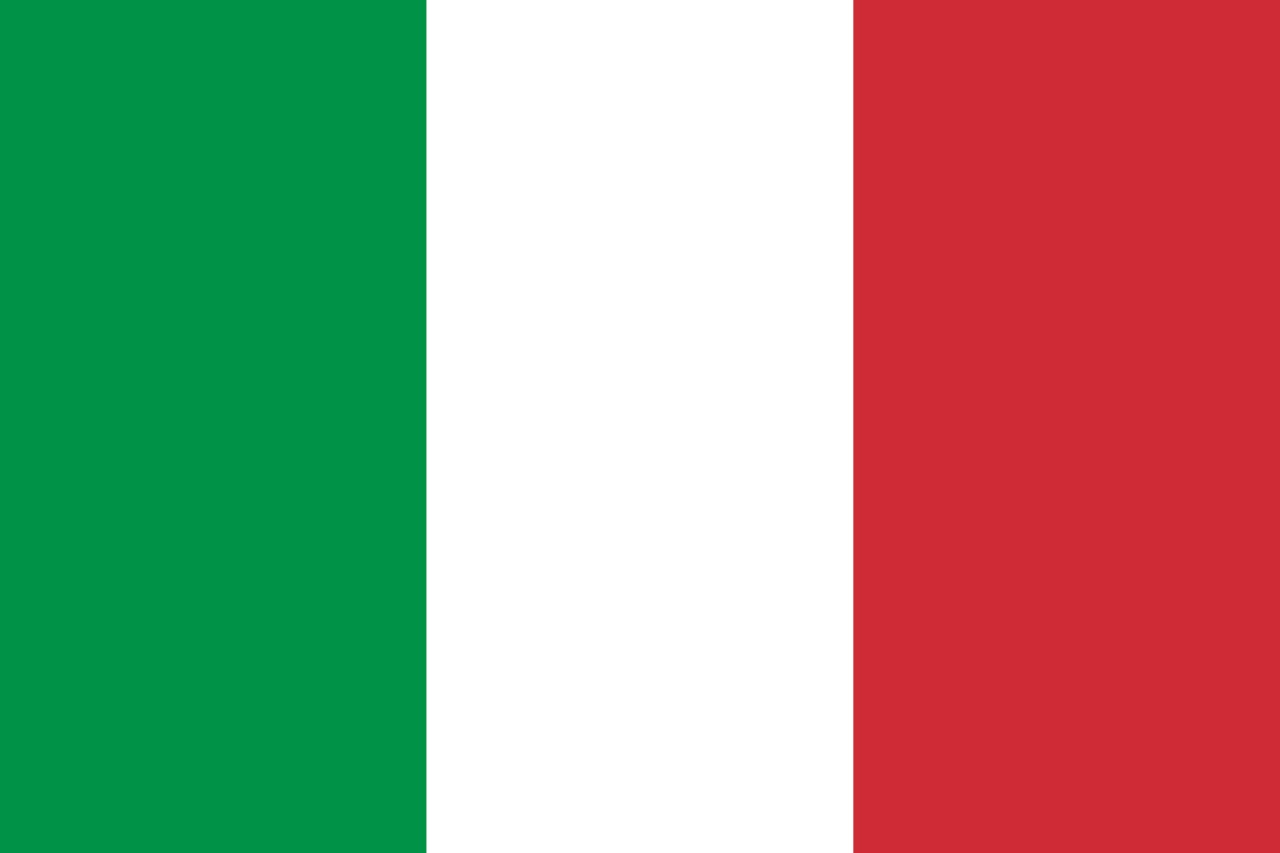By Simon Hughes
I WAS IN ITALY during the 1990 World Cup. I was six years old and on holiday with my parents in Sardinia, cossetted up near Alghero: far away from the fun and games.
I knew I liked football a lot by then. Liverpool had won the First Division championship a month before, an achievement I cannot remember.
Oddly, perhaps, I can remember Arsenal, Michael Thomas and Perry Groves clinching the title in the final minute at Anfield 12 months earlier. Arsenal: because they broke my heart wearing a yellow kit, which I found to be curiously smart. Thomas: because he scored. Groves because he was ginger – like me – and there seemed to be few ginger players around at a time I was being made to become acutely aware of my gingerness by classmates.
Colour is the language of children. The games were apparently drab but that did not matter to me. Italia ’90 is about the green, red and yellow of Cameroon, the green and orange of Ireland and the blue of Italy. Given that Italy’s flag was red, white and green, the lack of symmetry did not makes much sense until my father – always very knowledgeable on such issues – revealed that blue was the favoured colour of the Italian royal family: hence their nickname, the Azzurri.
The seeds of intrigue were planted. Roberto Baggio was excellent. But what was the story behind this ponytailed Buddha in a country, which spent Sunday mornings (frustratingly) like me in a Roman Catholic church? I wanted to know more.
Soon, Paul Gascoigne signed for Lazio. Channel 4 announced that they would screen live football matches as well as a magazine show at weekends. There was a stubborn refusal in our house to purchase a satellite dish. My father insisted I watched football live. But there was lots of spare time as an only child – big gaps to fill. What else was there to do on Sunday afternoons aside from listening to my Nan singing along in an imperious manner to Songs of Praise? Watch Igor Protti bop in headers for Bari and Gianluca Pagliuca, roar at defenders like Pietro Vierchowod and baldies like Attilio Lombardo for fun; that’s what. It helped that Gianluca and Pagliuca rhymed wonderfully: a convenient package – like cream and booze in a Tiramisu.
Italy was the Valhalla of football: the country where all the best players went to play, where all the money was. Liverpool were shite in the early 90s – really shite – so I needed something to take my mind off it. It was an exhausting era to be growing up as a Liverpool supporter: hearing parents and relatives talk about the glorious past at all family gatherings. It felt like arriving at a party at 5am, when all the best people have left and the place is filled with undesirable, slurring stragglers. And Julian Dicks.
Not Italian football, though. Here were sleek looking folk, prancing across the dancefloor, way into the daylight hours. In international tournaments, Italy would start slow – almost deliberately – as if to scan the room from the bar. It happened at USA ’94. Yet the hypnotic Baggio (not Dino) led the dance all the way to the final, held in Los Angeles. After 120 goalless minutes against an equally pragmatic Brazil, the encounter was only made spectacular by two identical penalty kicks from Franco Baresi and Baggio (not Dino), with each ball surely landing somewhere on a San Diego freeway.
I empathised with Baggio: the tragic hero. Not winning did not frustrate me as I was used to it with Liverpool. Losing in a good way became acceptable. Baggio redeemed himself a little by scoring two penalties at the 1998 World Cup, the first being a late equaliser against Chile in the group stages and the second against France in the quarter finals. This time it was the similarly sounding Luigi Di Biagio’s miss that cut Italy’s run short.
By ’98, football was changing. Players that had appeared alongside James Richardson and before a plate of alluring pastries on Football Italia every Saturday morning, were trading Serie A for the Premier League. I will never forgive Ruud Gullit for inventing the term sexy football. It is in search of such sporting bravura that identity sometimes feels it has been lost.
With more players arriving in England from abroad, Italian football became less interesting; less foreign, less unusual. I can date our separation almost to the minute: 15 February, 2001, when Michael Owen scored Liverpool’s second during 2-0 victory in Rome against Roma in the UEFA Cup fourth round. Italian football didn’t seem so great anymore.
Today Italy has titillating footballers. There is Antonio Cassano, a forward whose prolific off the field record has made it a legal requirement to mention that he has slept with something like 1,000 women. There is Mario Balotelli, who might be catching up with him if you read the gossip columns. But striding above everyone at this World Cup is the cool overlord of the universe, Andrea Pirlo, whose feral beard alone would surely qualify him for a lead role the as the King of Gratuitous Shagging in Game of Thrones, season five.
With such potency and creativity, they will probably draw with England; draw with Uruguay; and beat Costa Rica by a scoreline which knocks England out on goal difference. That’s my prediction.











